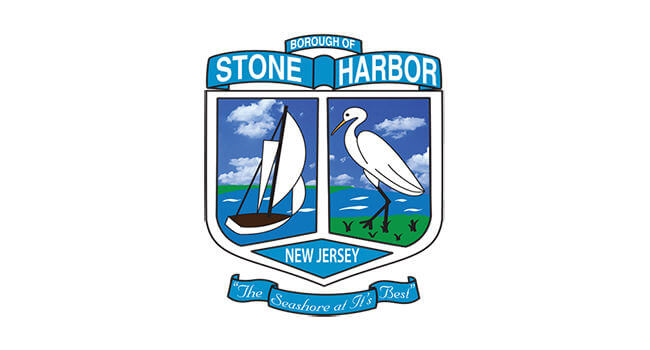STONE HARBOR – Borough Administrator Manny Parada says that changes in state Department of Environmental Protection water permit regulations will require the addition of as many as 14 new borough employees.
Parada told the Borough Council Sept. 3 that the so-called MS4 permit requirements now require extensive new monitoring and other activity that necessitates added manpower in the Department of Public Works, where Parada also serves as director.
That kind of addition to staff would represent a serious impediment to balancing the 2025 budget since the borough is already struggling with the state-imposed appropriations cap. Parada provided no details on why that new staffing number was that high.
The state’s MS4 permitting program was created in 2004 to address water quality and flooding concerns in municipal stormwater systems. According to a 2023 primer on the permit produced by New Jersey Future, over 60% of state waterway impairment is linked to pollution in stormwater runoff.
Basically the MS4 permit authorizes discharge of stormwater from municipal stormwater systems within evolving regulations that relate to existing and new development.
Most of the borough’s outfall pipes go to the bay, but there are still two ocean-pointed outfall pipes, at 114th and 111th streets.
When adding the new state requirements to existing ones, Parada said, the borough is now dealing with 58 separate requirements, of which it currently meets 43. He called one of them not applicable, leaving the borough with 14 requirements not yet met. These are the requirements for which the borough does not have the staff needed to meet them.
The discussion was linked to another presentation at the Sept. 3 meeting on the wisdom of the borough’s undertaking feasibility studies on establishing a stormwater utility funded by homeowner fees rather than taxes. The expectation is that a stormwater utility could absorb the staffing levels needed and free any claim they would otherwise make on the current budget.
Timing is not on the borough’s side. The new DEP requirements are to be met beginning next year, and the earliest Parada estimates a stormwater utility could be operational in Stone Harbor, assuming one is proposed and accepted following the studies, is 2027. That creates another pressure point in the formulation of a 2025 budget.
Richard Fuchs, the outgoing president of the Stone Harbor Property Owners Association, stated at the meeting the association’s strong support for the stormwater utility studies. A vote to move forward with the analysis of such a utility is expected at the Sept. 17 meeting of the council.
Meanwhile, a way to satisfy the requirements of the permit within the confines of a budget that cannot support the new staffing load is still being sought. Parada said he felt, based on conversations with the DEP, that the agency would not levy fines on the borough for shortfalls in MS4 requirements as long as it saw movement in the direction of a stormwater utility.
Mayor Judith Davies-Dunhour asked Parada how much of the fee income expected from a stormwater utility would have to be diverted to staffing expense rather than capital investment in flood mitigation. It is a question Parada said cannot be answered until after the studies are completed.
With respect to the 2025 budget, new Chief Financial Officer Cynthia Lindsey has initiated, with council support, a state consulting project to examine shared services options. There are also preparations underway for a new bond sale that will consolidate much of the borough’s existing debt into a new combined bond issue, with hoped-for lower rates.
The MS4 permit discussion and the estimated staffing needed to meet the state requirements highlighted the tension between goals in the related stormwater utility presentation. One goal of stormwater utilities is to establish a revenue stream capable of investing in capital projects related to flood mitigation and pollution control.
At the same time, the borough has found itself in a serious appropriations cap predicament where the stormwater utility is also seen as a place to offload budget expense to give back some flexibility for other areas of borough services in an otherwise tightly constrained budget.
The issue may come down to Davies-Dunhour’s question concerning the level of staff expense, with associated benefits and pensions, that can be placed in the utility while still allowing for the needed capital funding for flood relief projects.
Contact the reporter, Vince Conti, at vconti@cmcherald.com.








